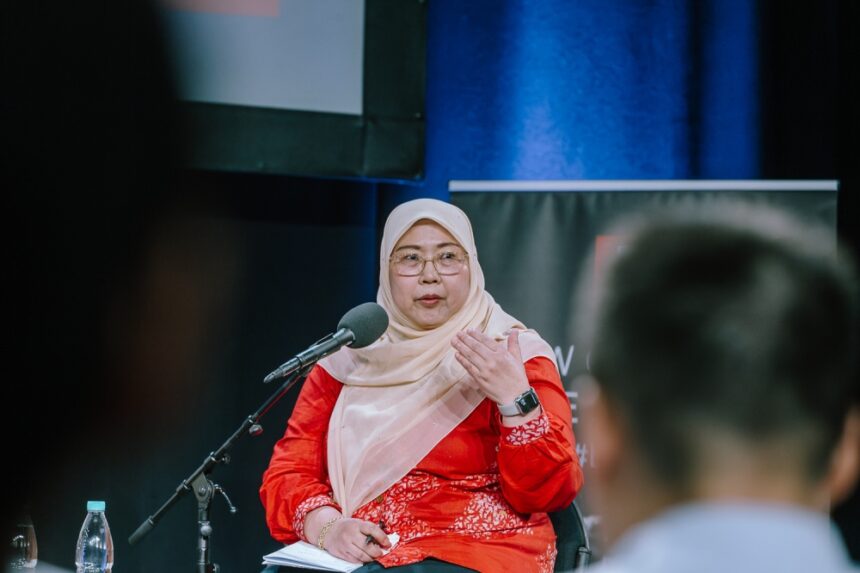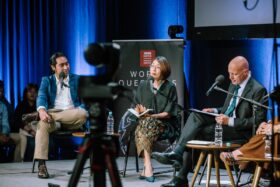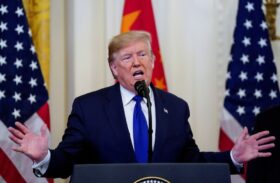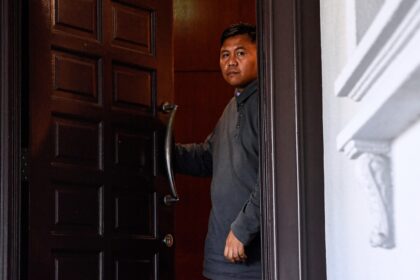KUALA LUMPUR, June 11 — The government will become “very unpopular” if it raised taxes on the top 10 per cent of the richest and redistributed the wealth to the rest of the population, Deputy Minister of Domestic Trade and Cost of Living Fuziah Salleh said.
While the PKR secretary-general admitted that distribution of wealth should be more equitable and efficient, she said the government has to tread carefully in doing so.
“Even at the moment when we talk about targeted petrol subsidies that may exclude the T20, we already hear some noises.
“Even the two per cent dividend (tax) met with some resistance,” Fuziah said, referring to the introduction of dividend tax on annual dividend income exceeding RM100,000 under the 2025 Budget.
Fuziah was responding to a question on the government’s strategy to tackle the widening wealth disparity gap between the T20 and the rest of the country at the BBC World Questions debate yesterday.
Citing that the richest 10 per cent in Malaysia take home 40 per cent of income, presenter Jonny Dymond asked Fuziah whether the government considered a tax hike on them as part of a wealth redistribution exercise.
Meawhile, Machang MP Wan Ahmad Fayhsal Wan Ahmad Kamal pointed out that the government has not clearly defined the T15 — a new classification to represent the top 15 per cent of Malaysian households that was introduced by Prime Minister Datuk Seri Anwar Ibrahim in the 2025 Budget.
Wan also stressed the need to improve and enhance educational and digital resources in rural constituencies like his to be on par with urban constituencies in Kuala Lumpur.
On a related development, Fuziah said her ministry is currently studying the possible impacts of US President Donald Trump’s tariffs on Malaysian goods entering the country.
Malaysia currently faces a 24 per cent tariff but negotiations are ongoing. Investment, Trade and Industry Minister Tengku Datuk Seri Zafrul Abdul Aziz reportedly said that Malaysia seeks to lower the current rate to the 10 per cent baseline tariff that applies to all US trading partners.
Fuziah admitted that loss of jobs was imminent if Malaysia’s trade ties with the US — its second-largest trading partner — is fractured by high tariffs.
The government, she said, is exploring new markets to mitigate the US tariff impacts, should it come to effect in July 2025.
Meanwhile, Tricia Yeoh, an associate professor of practice at the University of Nottingham Malaysia’s School of Politics and International Relations, called on Malaysia to uphold its strategic neutrality approach amid the escalating trade war between US and China.
Stressing that the US is a larger export market for Malaysia than China, Yeoh said Malaysia should leverage on the significant flow of foreign direct investments from Malaysia in the ongoing negotiations.
Source: 
Taxing the richest 10pc to redistribute wealth will make govt ‘very unpopular’, says Fuziah Salleh

































